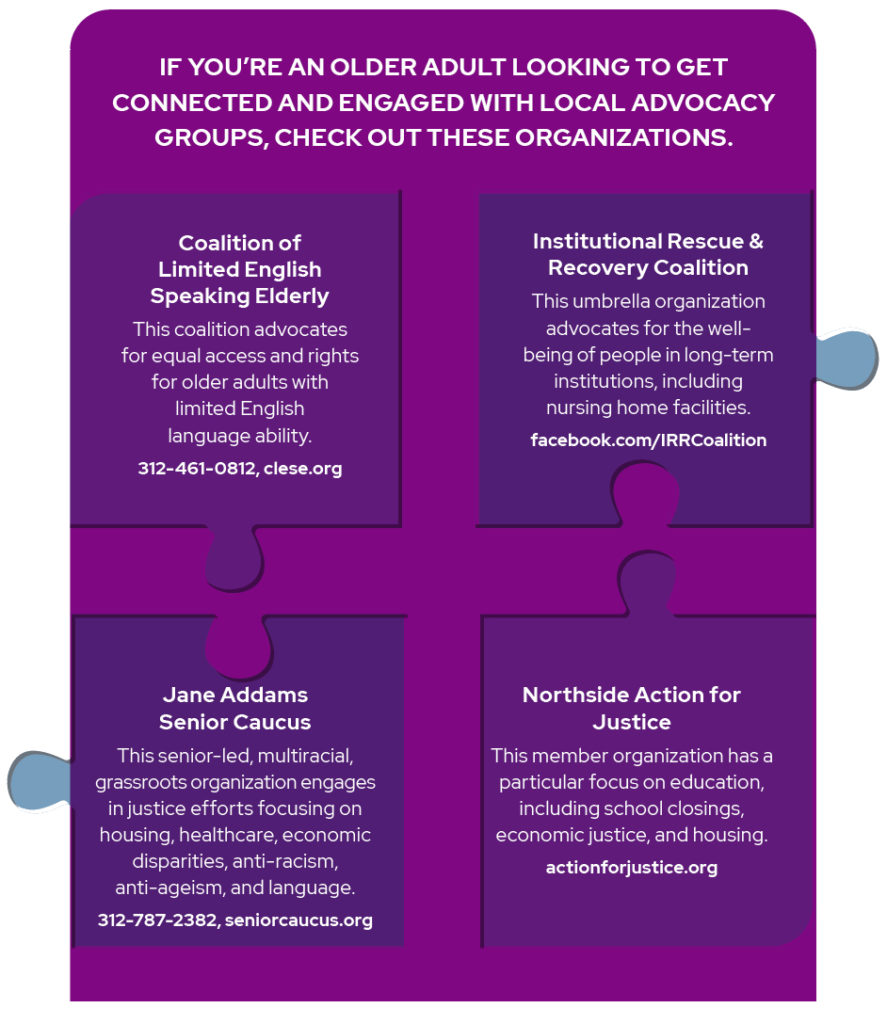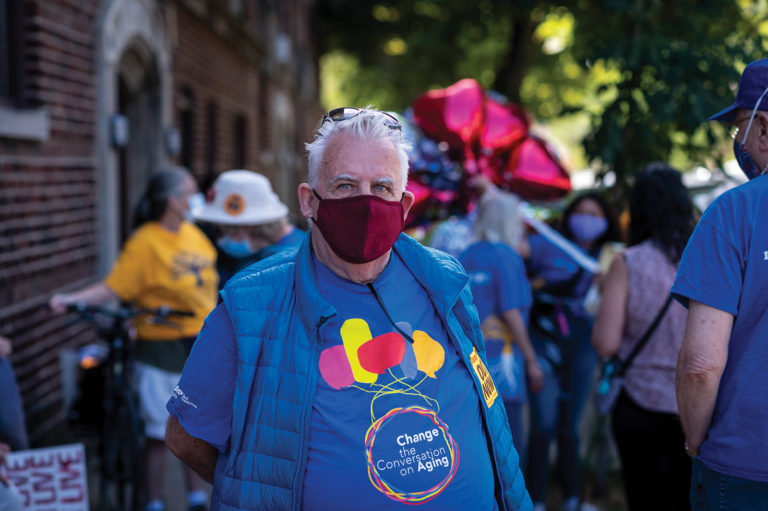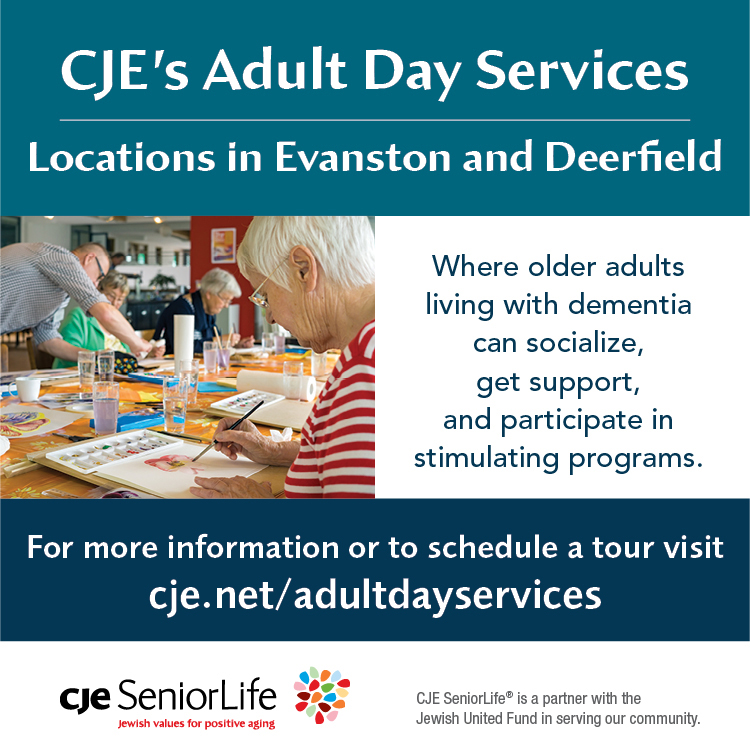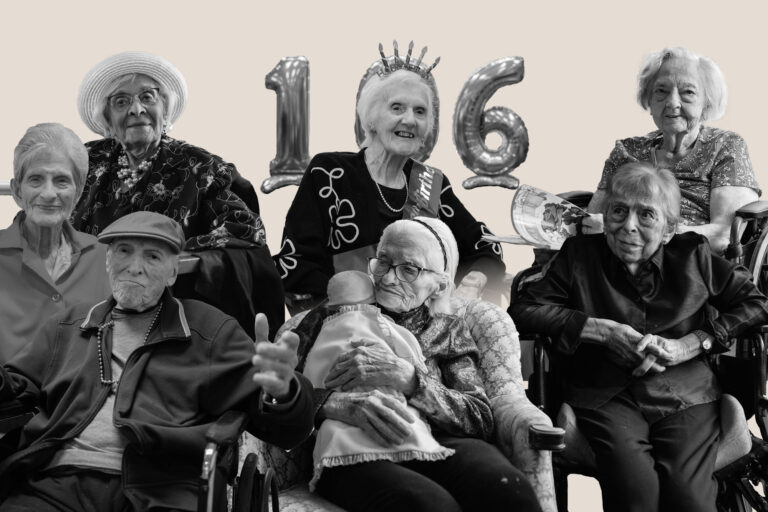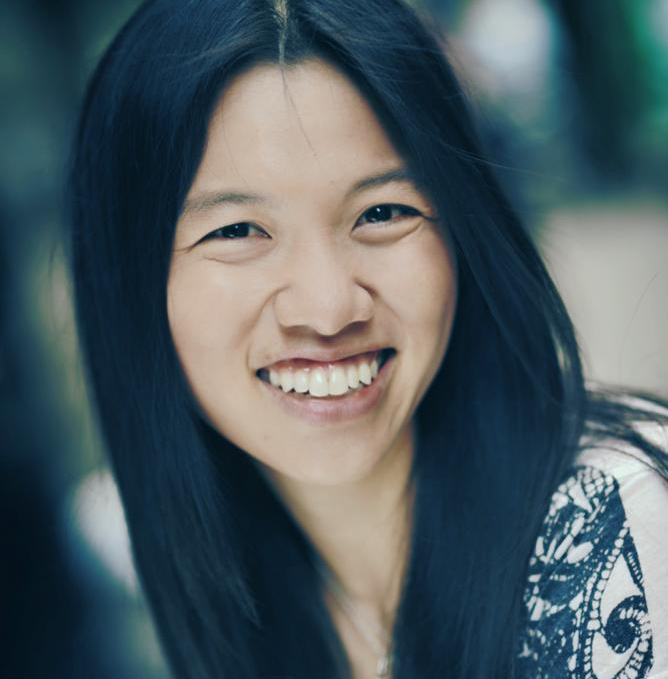
Erin Chan Ding is a Chicago-area journalist and editor who writes about travel, fitness, trends, tech, and the intersection of race and identity.
Senior activists make their voices heard
Crystal McGee had already begun praying when she felt the spit hit her skin. It was 1966, and McGee knelt at a prayer vigil in Cicero. She remembers that Jesse Jackson, then an up-and-coming activist, was leading the vigil to advocate for a West Side family whose power had been shut off.
After the spit hit her, McGee looked up to see the white face of a 4-year-old boy. She saw him gesture to his mother and heard his high-pitched voice say, “Look, Mama, at what I did!”
Stunned, McGee watched as the boy’s mother strolled over to her son. Perhaps he would get a reprimand, McGee thought. Instead, the mother praised the boy for spitting on the Black teenager kneeling in prayer.
Even now, McGee’s face grows somber as she recalls her fury — and a seminal moment that shaped her activism.
Fifty-four years later, McGee continues to fight. The 73-year-old West Loop resident says, “It ain’t time to quit yet.”
She’s not alone. Many people who grew up protesting during the civil rights movement of the 1960s and the Vietnam War continue to take a stand for racial and social justice.
Pandemic impact
With the deaths of Ahmaud Arbery, Breonna Taylor, and George Floyd — along with the toll Covid-19 has taken on older adults and communities of color — seniors with vivid memories of marching alongside Malcolm X and Martin Luther King Jr. have seized this moment to engage, or re-engage, in activism. While some started their activism in recent years, others have never stopped.
Yet during the coronavirus pandemic, activism feels different, often out of a necessity for safety and social distancing. Older adults across the Chicago area have taken crash courses on Zoom so they could hop on strategy sessions. Many have made phone calls to political officials and to voters. And others have donned masks and marched in the streets.
Health experts laud this social activism and say it’s particularly helpful for older adults to combat social isolation.
The risks of social isolation have risen with the Covid-19 pandemic, says Erika Hutz, DO, a geriatrician with Swedish Medical Group. She calls it “a terribly difficult time for seniors.” Not only can social isolation cause mental and emotional problems, but it can also increase the risk of developing dementia by up to 50% and the risk of heart disease and stroke by up to about a third, according to the Centers for Disease Control and Prevention.
“By participating in peaceful protest, protest planning, or simply by making your voice heard, this allows you to be active with a group of people with shared values and goals. It can give older adults a sense of belonging,” Hutz says. “Nowadays, you may not have your children and grandchildren nearby, so you really need that sense of community and sense of purpose, and you can find that with social activism.”
Taking action
McGee says there’s a misconception in society — and sometimes among seniors themselves — that adults after retirement age should disengage. “Seniors are sort of in this bubble of being put out to pasture, so it’s like all they have to do is eat and roam around all day, and they’re fine,” she says. “I want [seniors] to understand that it’s not the case. [Issues] affect them, their family members, their friends, and their daily lives.”
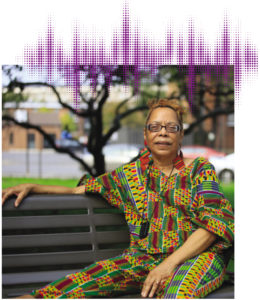
McGee says she’s motivated when she thinks of the future of her grandkids, great-nieces, and great-nephews. “As long as I continue to see injustice, which seems to be more and more now, I think that gives me the boost I need.”
While McGee has never stopped engaging in activism, others, like Lakeview resident Linda Armitage, 78, got involved more recently. After experiencing financial and housing instability during the Great Recession, Armitage now advocates for safe, accessible, and affordable housing.
“We have to keep active. We have to keep organized and engaged, and resist. So here we are,” Armitage says. “I never thought I would be spending my retirement as a housing activist.”
“We are capable of making change, and that’s what we do with our actions.”
Seniors like McGee and Armitage agree on the need to amplify their voices and their unique perspective as older adults. They see the legacy of their activism around housing, healthcare, ageism, and racial equity as having a direct effect on subsequent generations.
“Seniors right now need to lead the way and lay the groundwork for the future to make sure that the good things, the good ideas, are taught and carried on by the next generations,” Armitage says. “That’s the only way to overcome the narrative that seniors are useless, that we’re all, you know, sitting at home.”
In the streets
On a Sunday afternoon in late August, Brenda Dunkins was definitely not sitting at home. The 66-year-old Rogers Park resident had knotted a black scarf around her head and donned a black mask around her mouth to protect herself from Covid-19. Her black T-shirt read, “Dream like Martin. Write like Maya. Challenge like Rosa.”
Wearing the ebony color of protest, Dunkins marched down Sheridan Road in Rogers Park with Northside Action for Justice to demand more Covid-19 accountability in nursing homes, improved health and safety procedures, and a protocol to relocate residents who seek safer settings.
Dunkins eyed the patio of a nursing home where residents held signs reading “Nursing Home Lives Matter.”
“This hurts real bad,” she said, peering at their faces behind the gate’s brown bars.
According to the Illinois Department of Public Health, as of mid-November, more than half of all Covid-19 deaths in Illinois have occurred among residents in long- term care communities.
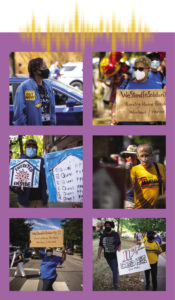
Because Covid-19 is more dangerous for those over age 60, Dunkins had stayed away from such marches for most of the summer, supporting movements in her own way — with conversations, cheering, and prayer.
But this march motivated her to mask up and hit the street. Others who joined her rode in motorized wheelchairs, used walkers, or waved from a car caravan.
“Don’t discount us because we’re old!” shouted Kathy Powers, 69, who had traversed the half-mile route with her cane.
Becky Ozaki, 29, a healthcare organizer with the Jane Addams Senior Caucus, partnered with seniors and the Institutional Rescue & Recovery Coalition to organize the march. She sees beauty in intergenerational organizing.
“I never believed that seniors are disposable or weak or anything,” she says, noting that her grandparents were incarcerated during World War II in Japanese internment camps. “The elders in my life have always been the most powerful people I know.”
Clifton Saper, PhD, lead psychologist and director of behavioral clinical services at AMITA Health, says involvement in social issues has a positive impact on cognitive, emotional, behavioral, physical, and spiritual health.
“Social activism gets you out, gets you connected with other people in society of all ages,” says Saper, a senior himself. “I also find when I’m working with my clients who are seniors, especially in this day and age, that giving to others, helping others, being involved in a cause that’s bigger than you, or helping folks who perhaps are less advantaged, makes you feel good. Giving rather than just receiving of love is important.”
Waking up
Lifelong experiences in activism have pivotal, cumulative effects on older adults. McGee recalls joining 250,000 people for the March on Washington in 1963. Standing far back in the crowd, she couldn’t hear Martin Luther King Jr. deliver his “I Have a Dream” speech or listen to John Lewis, then chair of the Student Nonviolent Coordinating Committee, exhort America to “Wake up!” — but she carries the lifelong satisfaction of knowing she was there.
Yet all those years of emotional expenditures, along with the persistent injustices, can exact a heavy toll. McGee recounts how after police officers shot Jacob Blake in August in Kenosha, she broke down in tears from anger and exhaustion. Afterward, she took a break for a couple of days to decompress, listen to music, and process the pain she felt.
“We have to keep active. We have to keep organized and engaged, and resist. So here we are.”
Hutz, the geriatrician, also recommends that activists step back for self-care and reflection during periods of mental strain and refocus on their goals.
McGee did just that, telling herself that the years she spent organizing led to this moment: “You can’t quit now. You went through all that. It was in preparation for today.”
And today, McGee keeps going, helping others in her senior building by forming a tenants association to act on residents’ concerns. She sits on the association’s board and works on the housing committee of the Jane Addams Senior Caucus.
Seniors in the caucus choose the issues for which they advocate, such as fair housing, language justice, nursing home accountability, racial equity, and Medicare for All, says Kelly Viselman, director of organizing for the Jane Addams Senior Caucus.
The Senior Caucus has about 700 members, and Viselman says the most active members “joke they’re busier in their retirement than when they were working.”
“I’ve learned so much from our membership,” says Viselman, who is in her mid-30s. “One thing is to not underestimate them. I respect them so much, especially as people who have lived through so many types of oppression.”
She adds, “Especially right now, if seniors are feeling like they’re mad about what’s happening in the world, and they want something to do, I encourage people to get involved.”
Fair housing
A member of the Senior Caucus, Davetta Brooks, 75, of the Near West Side, calls her later-stage activism with the group a “lifeline,” not only because it’s helped improve housing conditions for older adults, but also because it’s channeled her passion into purpose and real change.
As a young adult, Brooks was inspired by the community work of the Black Panthers. Though her quest for justice continues, the tools she uses have changed. During the pandemic, Brooks learned how to use Zoom so she could continue meeting with other senior activists.
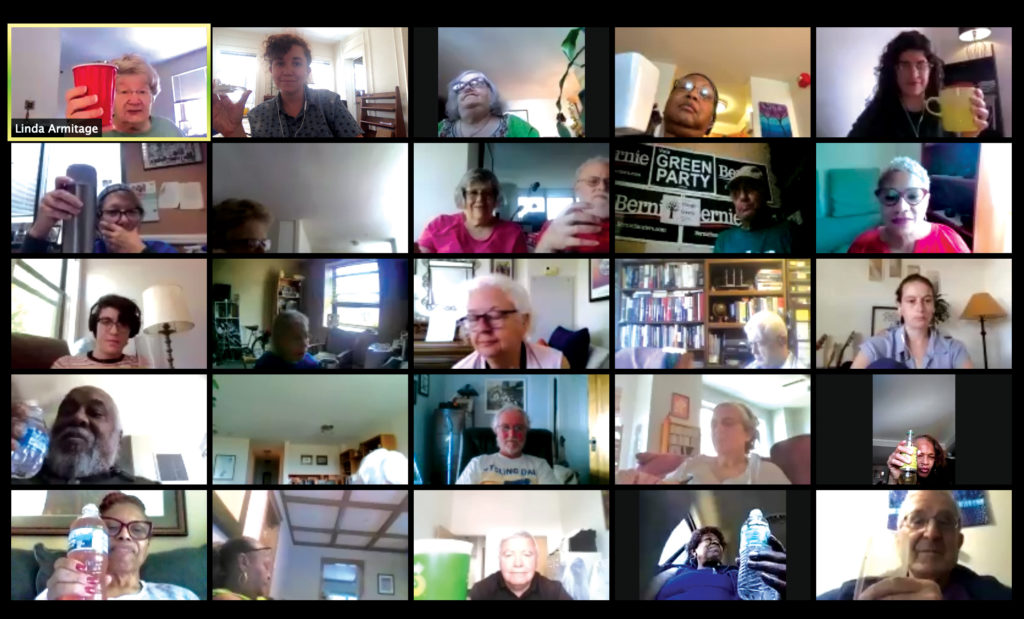
This year, Brooks and other members of the Senior Caucus helped craft language for a senior safety ordinance the Chicago City Council passed in July. The ordinance requires proper personal protective equipment for housing staff working with older adults, as well as frequent cleanings and wellness checks in senior buildings.
Armitage, who also worked on the ordinance, says victories like those make her feel empowered. A decade ago, Armitage had planned for a retirement of leisure and travel, but the stock market plunge during the Great Recession obliterated her 401(k) and other retirement funds. She no longer could afford her home.
As a result, Armitage moved into a senior building that capped her rent at 28% of her income. But six months after she moved in, the management company put the building up for sale, stranding the older adults living there.
“We were, of course, devastated,” she says. “For about a week, we were running around, saying, ‘What are we going to do? How are we going to live?’”
Elected officials pointed her and other residents to the Senior Caucus, and Viselman organized their group. Within weeks, Armitage and other residents boarded a bus to go to the headquarters of the management company to protest. As the seniors demonstrated, armed police in black bulletproof vests greeted them.
Unintimidated, Armitage and the seniors continued to demonstrate, held press conferences, and filed a lawsuit. Ultimately, the owners got so much poor publicity, they settled the lawsuit and sold the building, where Armitage still lives, to the Chicago Housing Authority. Armitage and her fellow residents were able to stay in their apartments. Afterward, she visited the Senior Caucus to thank them.
“Let’s take advantage of the fact that we’re older. Maybe [we’re] not working or not working full-time [and can] do what we believe in and do it to the fullest that we can.”
“I got so interested that I started to volunteer and help out with their campaigns, and here I am, working to make life better for seniors,” says Armitage, who’s now on the board of the Senior Caucus, as well as its housing committee.
The group’s efforts go beyond older adults. Last year, at the American Medical Association’s annual meeting, Armitage and other seniors held a “die-in” on the floor of the Hyatt Regency Chicago to advocate for Medicare for All, forcing physicians and other attendees to walk around them.
“We are capable of making change,” Armitage says, “and that’s what we do with our actions.”
Elevating voices
When Paul Siegel grew up in Brooklyn, he participated in two boycotts against New York City’s segregated and unequal schools. The activism of Malcom X, who spoke at a boycott demonstration, and Adam Clayton Powell Jr. deeply inspired him.
Now 74, Siegel has spent much of his adult life fighting against displacement and gentrification in Uptown.
As he walked in the Institutional Rescue & Recovery Coalition march for nursing home residents, Siegel raised his fistin protest while his wife, MaryAnn Majer, who has physical health challenges, accompanied him in a motorized wheelchair. For the couple, the time is right to advocate for change.
“It’s important to be doing what you believe in,” Siegel says. “Let’s take advantage of the fact that we’re older. Maybe [we’re] not working or not working full-time [and can] do what we believe in and do it to the fullest that we can.”
Walking a few feet ahead of the couple at the march, Carmen Betances, 63, held a cardboard sign reading, “We stand in solidarity. Nursing Home Residents/Workers/Heroes.”
She emphasized the importance of advocacy on behalf of fellow seniors, demanding that communities relocate some long-term-care residents to ensure their safety and well-being.
“We are standing here in solidarity, reaching out to our senior brothers and sisters in nursing homes, urging that the mayor relocate the residents out of these nursing homes,” Betances says.
“I will be coming out every day for the rest of my life, in the name of my mother and for many other seniors who are not able to advocate for themselves.”
As Betances and other older adults chanted through their masks, their voices ricocheted off the brick walls of nursing homes and high-rises. Pedestrians waved, and passing cars honked in support. And as dozens of them have done for decades, the seniors kept marching.
